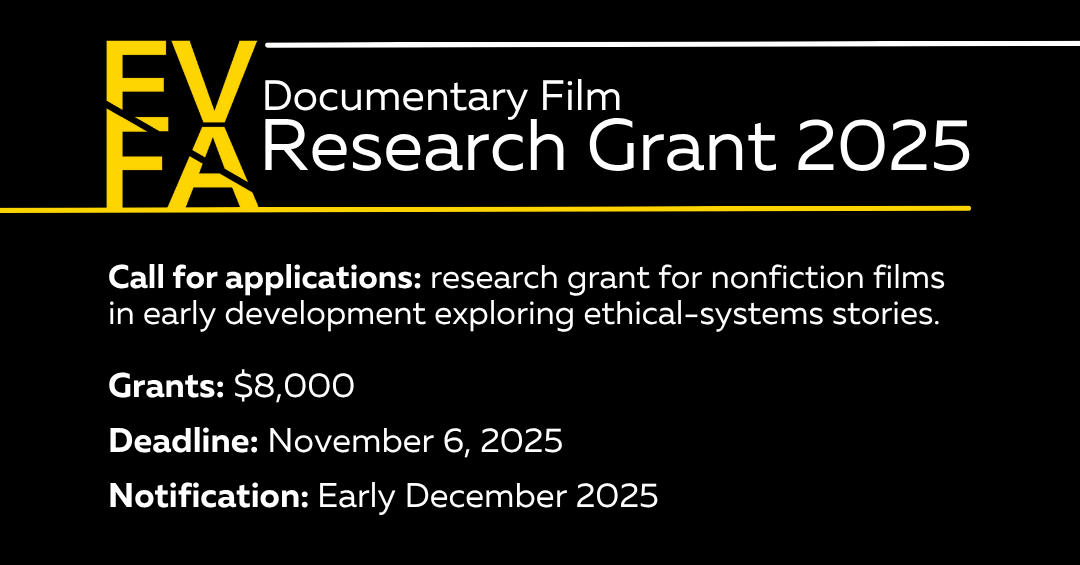Research is a crucial exploratory phase that takes place before a filmmaker picks up a camera, offering a chance to discover what a project could truly become. This period allows filmmakers to find their characters, which might take weeks of locating candidates and conducting preliminary interviews with potential subjects and journalists. You may need to conduct dozens of conversations before discovering that one compelling character who will anchor your film. Building relationships and testing how people present on camera during this phase, helps you avoid the costly mistake of shooting formal interviews with people who ultimately won't work for your documentary.
Research often requires travel to conduct investigations that can't be done online. You might need to visit a remote village to ask locals about a character who has no internet presence, or spend weeks speaking to dozens of people to gain access to crucial characters, archival footage, or materials. This phase involves watching through hours of archival content to verify the story exists in the material, and poring over documents, research papers, and transcripts to confirm there is substance to pursue. It's during this time that you analyse whether the story and characters you've found are strong enough to sustain a feature documentary and series.
Sometimes research even means following someone around for a few days with a camera to test whether what you think is there actually exists on film. Through this process, you understand all the nuances of your story, whether that's complex family dynamics or unexpected elements that could become central to your narrative. Research helps you figure out your audience and platform based on the story you're discovering, which in turn informs how you'll shoot during production.
You'll also research other films on similar topics to determine whether this ground has already been covered, whether those films succeeded, and if there's space for another version of this



